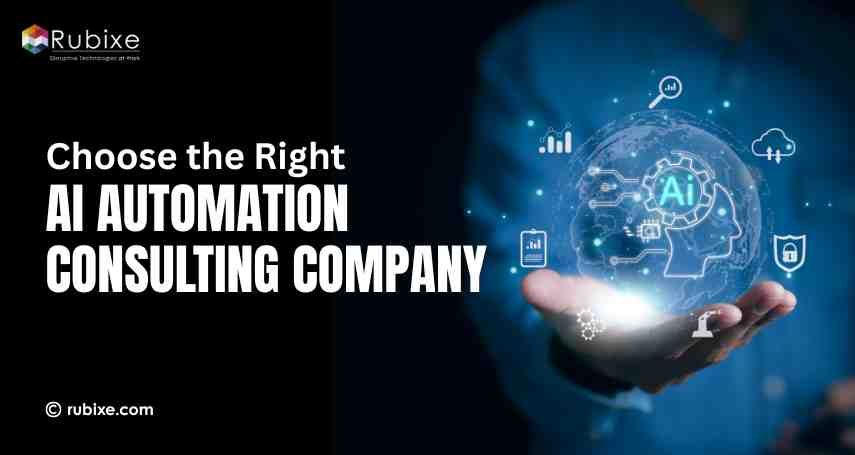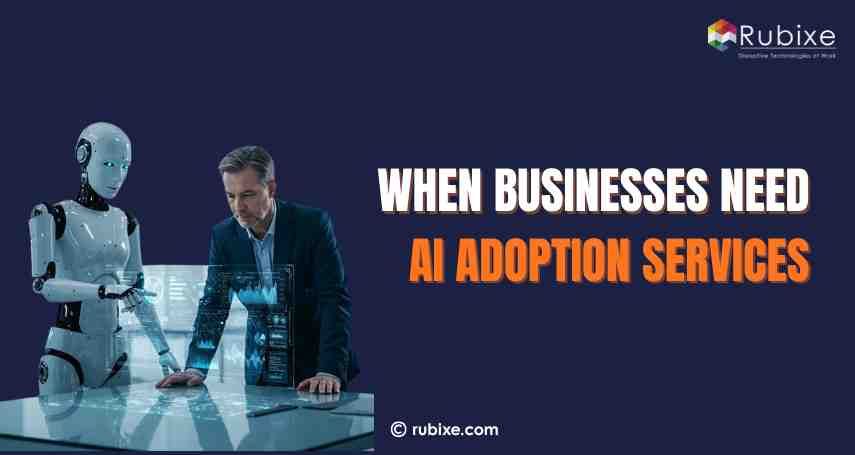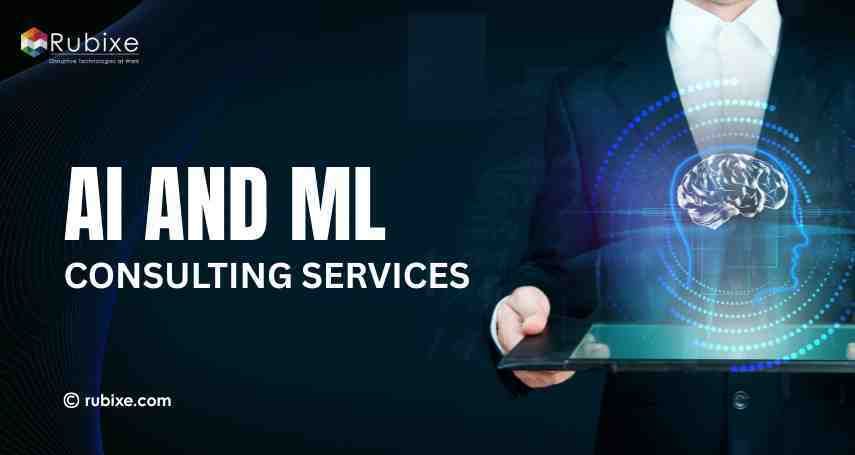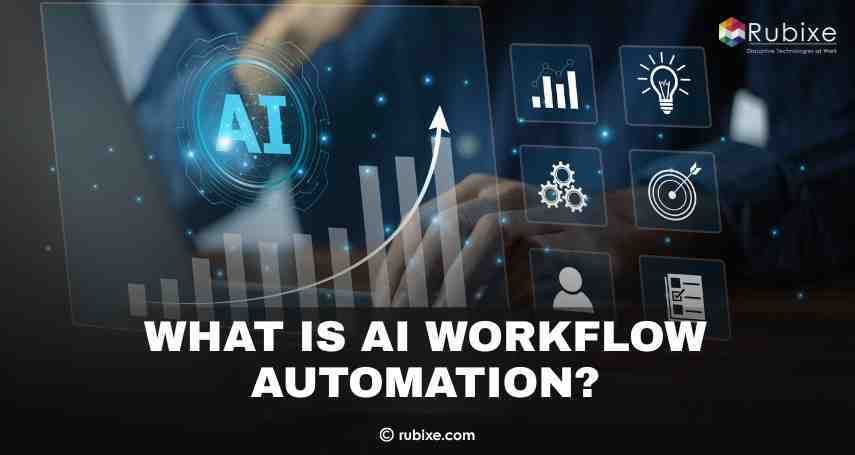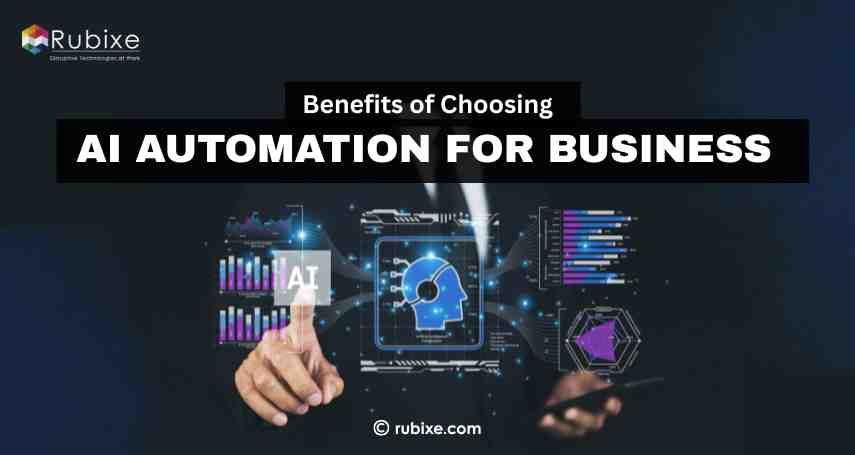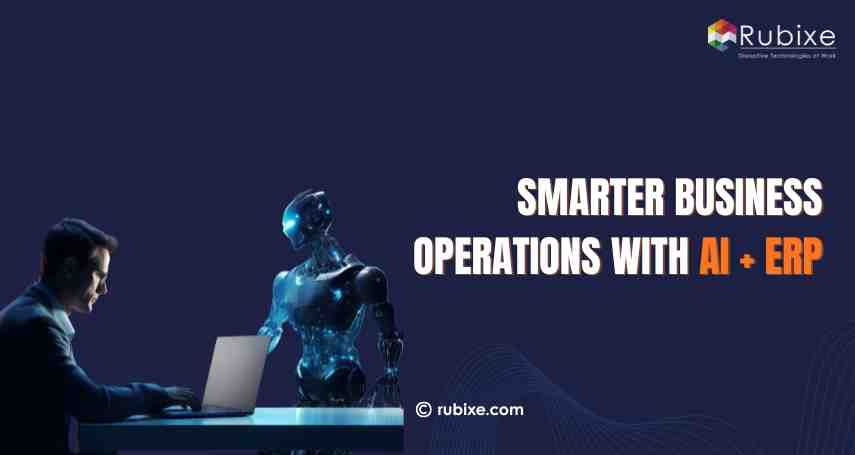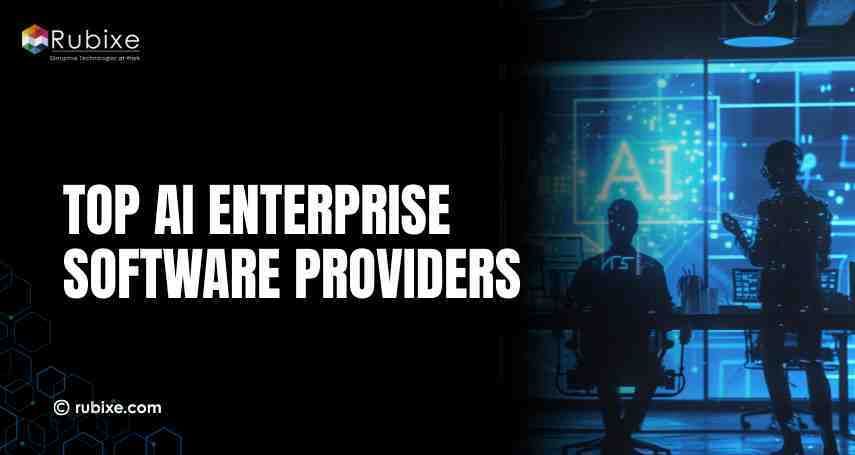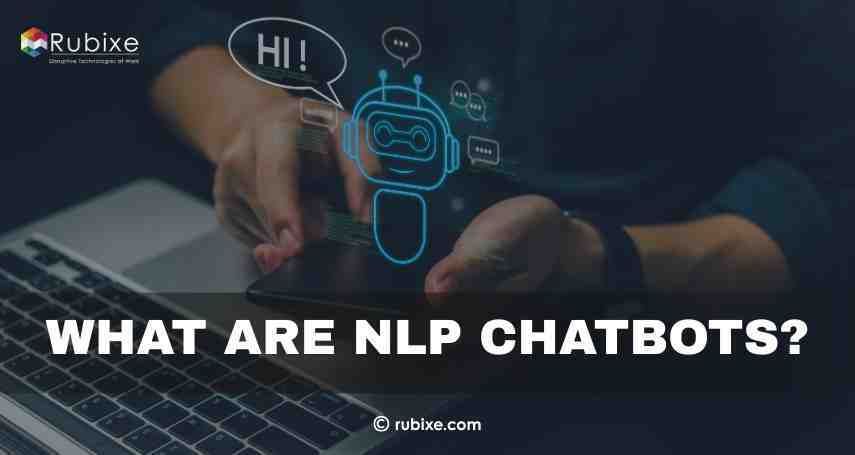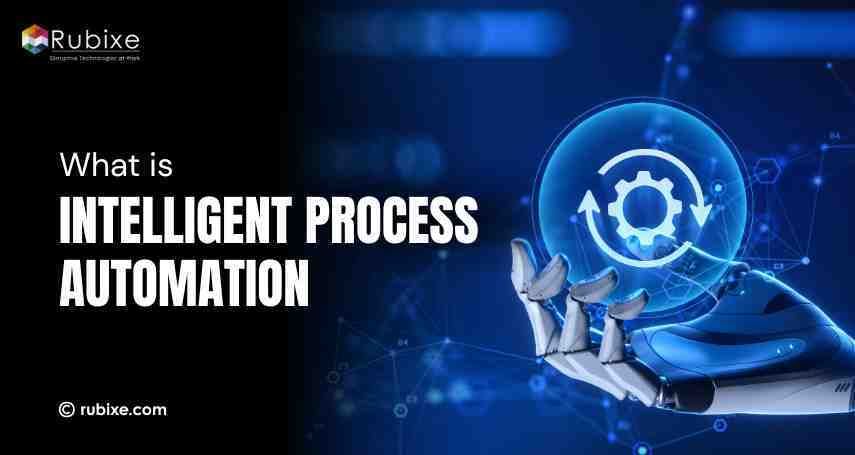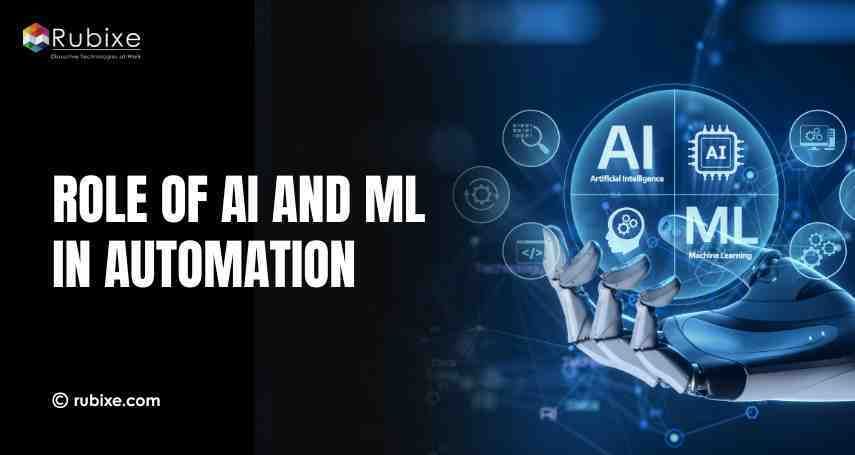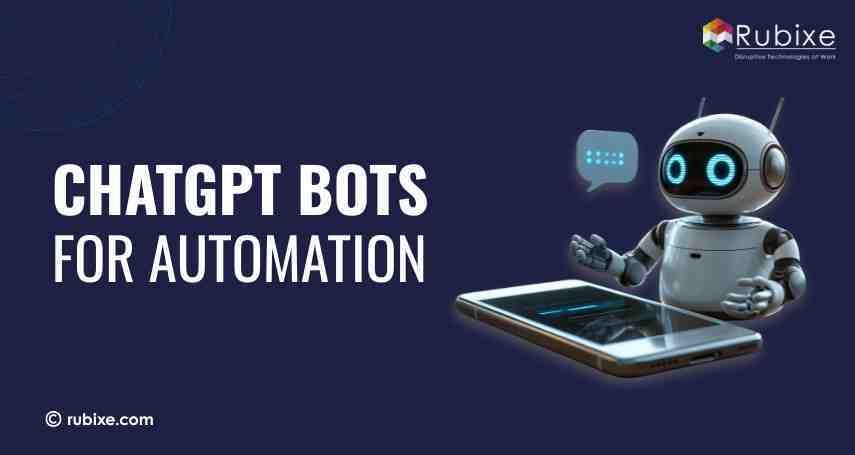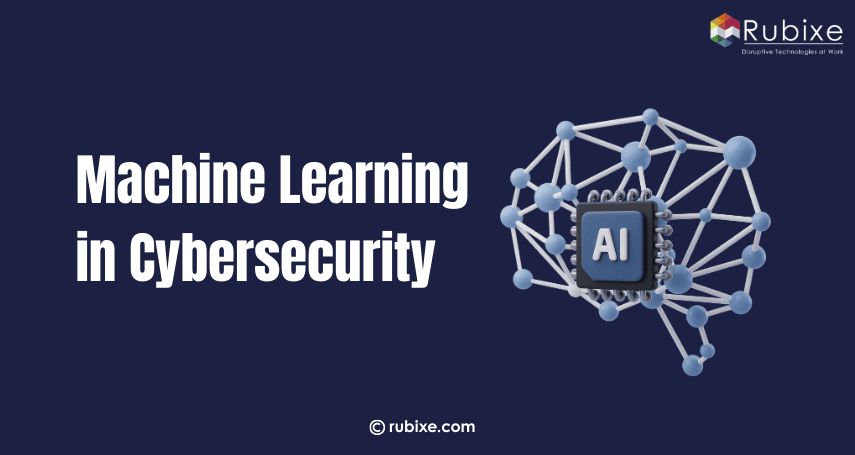Smarter Business with Artificial Intelligence as a Service
Artificial Intelligence as a Service (AIaaS) enables smarter business operations through scalable AI tools, data-driven insights, automation, and enhanced decision-making.
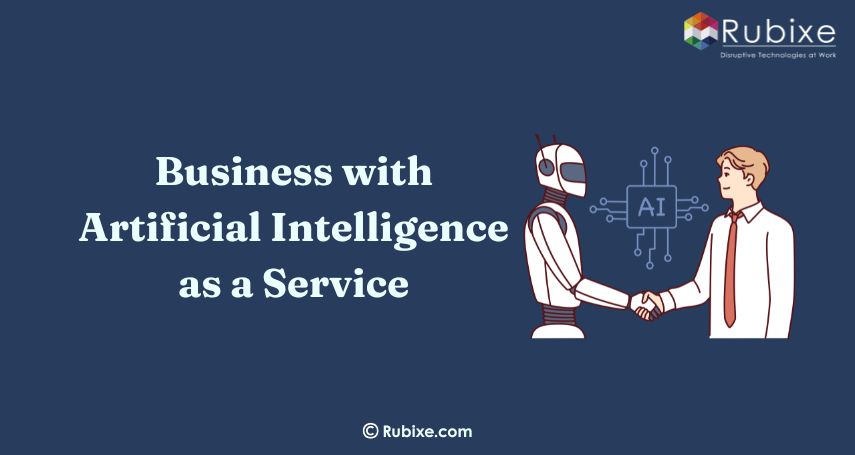
I’ve always looked for easier and smarter ways to get things done, and that’s what led me to Artificial Intelligence as a Service (AIaaS). It gives access to powerful AI tools without needing to be a tech expert or buy expensive equipment. With AIaaS, tasks that used to take a lot of time can now be done quickly and more accurately. It helps make better decisions, improve customer service, and run things more smoothly. Using AIaaS has made a big difference, helping me work more efficiently and find new ways to grow and succeed.
Understanding AI Service: What It Means
AI service, or Artificial Intelligence as a Service (AIaaS), refers to cloud-based platforms that offer AI tools and infrastructure on a subscription or pay-per-use basis. Similar to Software as a Service (SaaS), AI service enables businesses to utilize advanced algorithms, machine learning models, and cognitive capabilities without the need for initial development.
Providers like Amazon Web Services, Google Cloud, and Microsoft Azure offer AI services that can be integrated into business workflows. These platforms manage the complex backend processes such as scaling, storage, data preprocessing, and model optimization, allowing customers to focus on applying the technology to their business needs.
Why Businesses are Turning to AI Services
The appeal of AI service lies in its simplicity and cost-effectiveness. Organizations no longer need to invest in expensive infrastructure, recruit large data science teams, or worry about maintaining models. Instead, they can access pre-trained APIs for image recognition, natural language processing, recommendation systems, and more.
Other key benefits include
-
Rapid Deployment: AI services can be quickly added to your current systems, helping you get started fast without major changes.
-
Scalability: These services grow with your business, offering more power as your needs increase, without extra setup.
-
Customization: Ability to fine-tune models to suit industry-specific needs, and AI models can be tailored to fit your industry, giving more accurate and useful results
-
Cost Management: You only pay for what you use, making AI affordable and easy to manage for businesses of any size
Key Business Functions Transformed by AI Services
From customer service to supply chain management, AI service is disrupting core business functions:
-
Customer Support: AI-powered chatbots and virtual assistants reduce response time and increase customer satisfaction.
-
Sales & Marketing: Predictive analytics help identify high-value prospects and optimize marketing campaigns.
-
Operations: Machine learning algorithms forecast demand, manage inventory, and streamline logistics.
-
HR and Talent Acquisition: AI tools analyze resumes, rank candidates, and even predict employee attrition.
-
Finance: AI-driven fraud detection, credit scoring, and expense forecasting enhance financial governance.
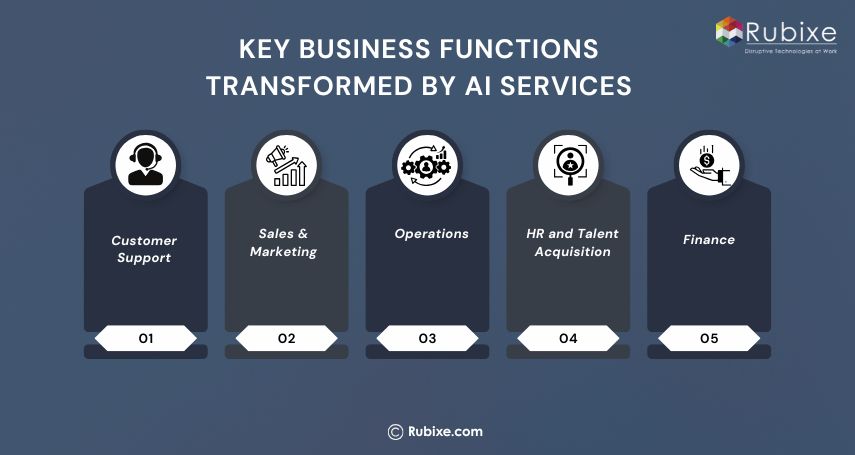
Choosing the Right AI Service Provider
Selecting the right AI service provider is crucial to maximizing ROI. Here are a few criteria to consider:
-
Use-case alignment: Ensure the provider supports your industry and specific business needs.
-
Data compliance: Look for providers that comply with global data regulations like GDPR, HIPAA, etc.
-
Customization capabilities: Opt for platforms that allow tuning and integration with internal systems.
-
Support & documentation: A well-documented API and a responsive support team make adoption smoother.
-
Security: Given the sensitivity of business data, choose vendors that prioritize encryption and cybersecurity best practices.
-
Ease of Integration: The AI service should work well with the tools and systems you already use, without needing major changes.
-
Scalability: As your business grows, the platform should be able to handle more users, data, and tasks without performance issues.
-
Pricing Flexibility: Look for a provider with clear, flexible pricing so you only pay for what you use, helping you manage costs easily.
Challenges and How to Overcome Them
While AI service platforms reduce barriers to entry, implementation still comes with challenges:
-
Data Quality: AI works best with clean, well-organized data. Poor or messy data can lead to weak or inaccurate results.
-
Change Management: Teams may resist new AI tools if they’re not trained or informed properly. Support and communication are key.
-
Integration Challenges: Older systems may not easily connect with modern AI tools, making setup more complex and time-consuming.
-
Ethical Concerns: AI models can show bias or make decisions that aren't transparent. It's important to use responsible and fair practices.
Industry Use Cases of AI Services in Action
Let’s look at how AI services are already transforming industries:
-
Retail: A global apparel brand uses AI for dynamic pricing and personalized shopping experiences.
-
Healthcare: Hospitals are leveraging AI to predict patient readmissions and optimize treatment plans.
-
Manufacturing: Predictive maintenance solutions reduce downtime and save costs.
-
Education: AI-driven tutoring systems personalize learning experiences for students at scale.
-
Agriculture: Farmers are using AI-powered image analysis to detect plant diseases early.
The Future of Smarter Businesses with AI Service
The next wave of AI service will bring even more democratization. We’ll see.
-
No-Code/Low-Code AI: These platforms let non-technical users build and deploy AI solutions without writing code, making AI more accessible across teams.
-
Real-Time Decision Engines: Used in areas like supply chain, finance, and customer service to make fast, data-driven decisions as events happen.
-
Edge AI: Processes data directly on smart devices (like sensors or cameras), reducing delay and enabling quicker responses without needing constant cloud access.
-
Hyper-Personalization: Deep learning helps deliver highly personalized digital experiences, such as tailored recommendations, messages, or content for each user.
Artificial Intelligence is no longer just for big tech companies. Now, any business, whether small or large, can use AI to work smarter without spending a lot of money or needing expert skills. The key is to find the right way to use AI, choose a reliable service provider, and build a team that is open to new tools.
Smarter business is not just a trend. It is something every company should aim for. Companies like Rubixe make the process easier by offering simple and affordable AI services that suit different business needs.
